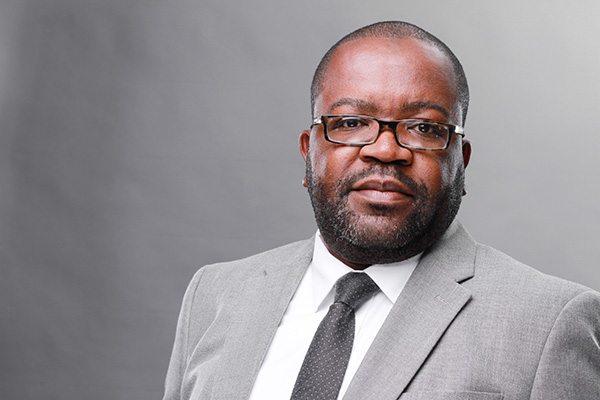Positionality
 I spend most of my time with one foot on the Afrikan continent in Namibia, the other on the North American continent in the USA and my arms are stretched out to the world and beyond. As such I am a comparativist, concerned not just with how “things” impact me and the immediate community in which I find myself, but believing that knowing how others do, view, and see things, significantly helps me better understand myself and the world in which I travel.
I spend most of my time with one foot on the Afrikan continent in Namibia, the other on the North American continent in the USA and my arms are stretched out to the world and beyond. As such I am a comparativist, concerned not just with how “things” impact me and the immediate community in which I find myself, but believing that knowing how others do, view, and see things, significantly helps me better understand myself and the world in which I travel.
I am continuously developing and (re)formulating myself and my identity. I take solace and guidance from the likes of Kwame Nkrumah in my empathic belief that “I am not African because I was born in Africa but because Africa was born in me.” I am not merely where I was born, where I come from, my race, gender or my educational qualifications. All those characteristics and many others form who I am and are a building block of the future me. Like Frantz Fanon, I believe that I am not a prisoner of my history, my origin or my abstract destination. I am but a traveler and “In the world through which I travel, I am endlessly creating myself. I am a part of Being to the degree that I go beyond it.” I say all of this not to construct a treatise on identity, my personal philosophy, nor justification (apology). I write this because I believe in openness, and I want to be upfront about who I am; the me that I know as of the moment I post this.
Academically Speaking…
My areas of research, writing & presentations revolve around emerging technologies in education; diffusion of mobile devices in teaching and learning; Mobile Learning; Design for Mobile Devices; Indigenous knowledge; Openness (access, education, resources, pedagogy); Comparative International Education; and the role of culture in the development and evaluation of learning technologies.
Currently, I am an Associate Professor in the Educational Technology Program at Oklahoma State University. I graduated with a dual-title doctoral degree in Learning, Design, and Technology in the Learning and Performance Systems department and in Comparative and International Education Program in the Department of Policy Studies at Penn State University. I hold a Master of Science in Instructional Systems and Technology from Cabrini College, Master of Science in Multimedia Technology, Master of Arts in Corporate Communication, Bachelor Arts in Media Studies and Political Science from Duquesne University.
This website is a space to share my thoughts and to engage in conversations


Wow. I’m very impressed with your credentials. I am a masters student in Education in the University of Yaounde 1, Cameroon. My major worry has always been the digital gap between Africa and the rest of the World. I’m hoping my thesis foe masters shall be on the urgent need for integrating ICT in education in Cameroon schools.
I pray I get to know you more and to learn from you. You inspire me. I will be glad to learn from you.
Thanks Emmanuel, I look forward to reading your thesis.
All the best there. I am first year law student was searching some information on the internet and I come across someone with my surname doing really great I the academic field. I am inspired.
Hello, Dr. Asino. I am a masters student in translation from China. I’m translating your “Learning in the Digital Age” into Chinese as my graduation project. I hope I can get your permission and encouragement.
Hi Elena, I am looking forward to learning about how you finish your translation project.
I must surely submit that I am thrilled to have come across, a like-minded person. Who sees the loopholes in our education system? I am Thomas, studying towards a bachelor’s degree in Education. As an incoming src for external affairs at the University of Namibia. I am looking forward to more engagement and discussion regarding reforming and restructuring our education system.
Thank you for visiting Thomas!